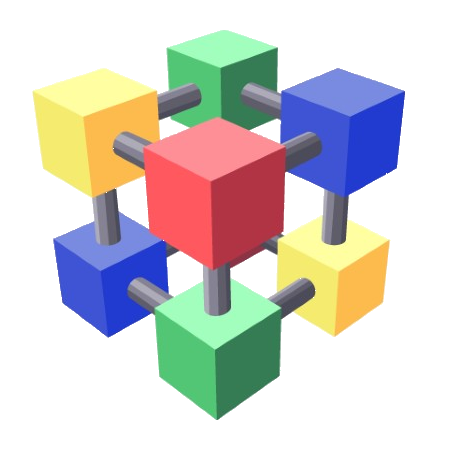Operations Meetings
T1 sites are invited to report about relevant matters at the weekly Operations meetings, which usually take place on Mondays at 15h00 CE(S)T. They are short meetings (max 30min) where experiments, T1s and central services report about ongoing operational matters.
Operations Coordination Meeting
T1 and T2 sites are invited to raise any issue they are concerned about at the monthly Operations Coordination meeting that usually takes place the 1st Thursday of the month from 15h30 to 17h CE(S)T. There is a section on the agenda for this. You can also write to wlcg-ops-coord-chairpeople in advance to make sure a specific slot is scheduled in the agenda. Short and medium term plans of the experiments affecting sites are reported. TFs and WGs also report about their progress and there may be specific presentations covering a particular topics that need discussion at operations level.
Middleware
WLCG Middleware Baseline
The WLCG Middleware Baseline lists the minimum recommended versions of middleware services that should be installed by WLCG sites to be part of the production infrastructure. It does not necessarily reflect the latest versions of packages available in the UMD, OSG or EPEL repositories. It contains the latest version fixing significant bugs or introducing important features. Versions newer than those indicated are assumed to be at least as good, unless otherwise indicated. In other words: if you have a version older than the baseline, you should upgrade at least to the baseline. For more details, please check the list of versions in the following link:
That page also contains a list of (major) known issues affecting WLCG middleware.
